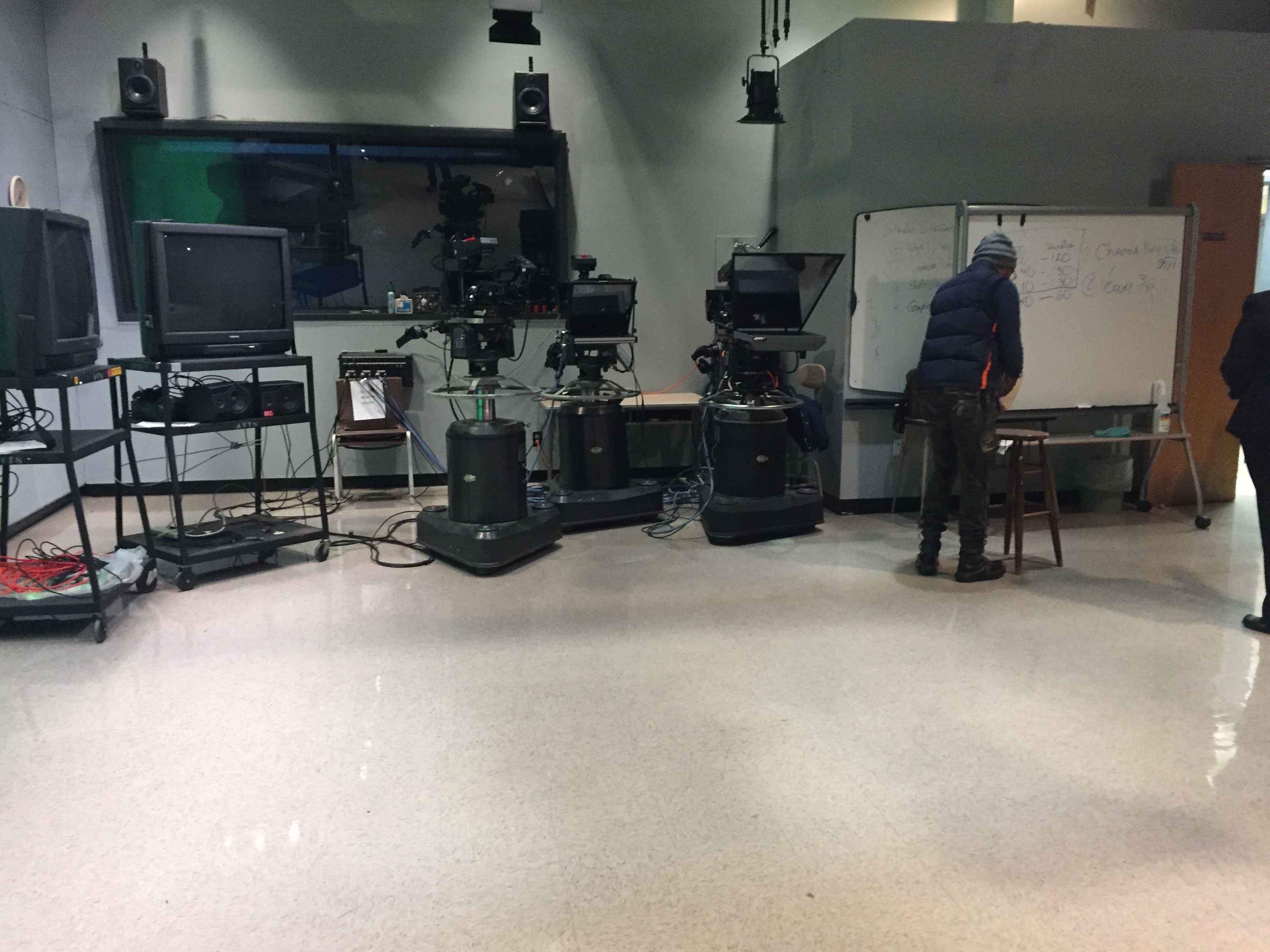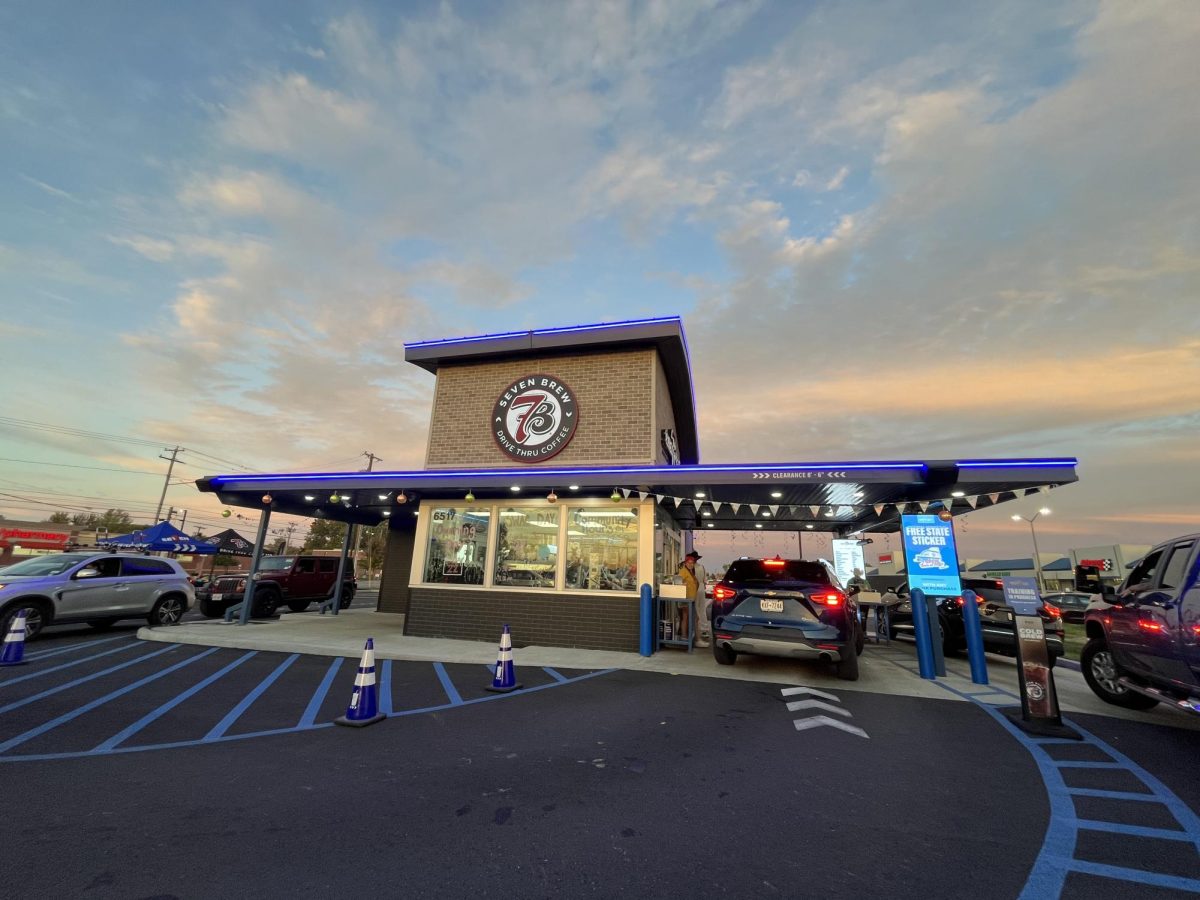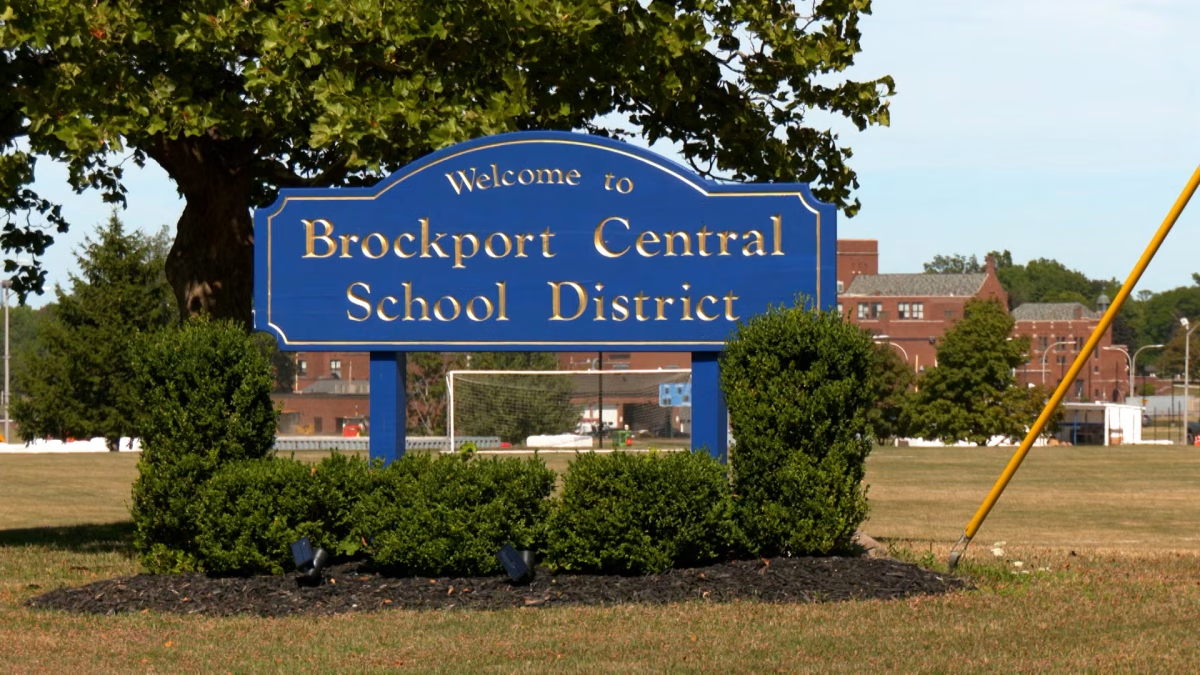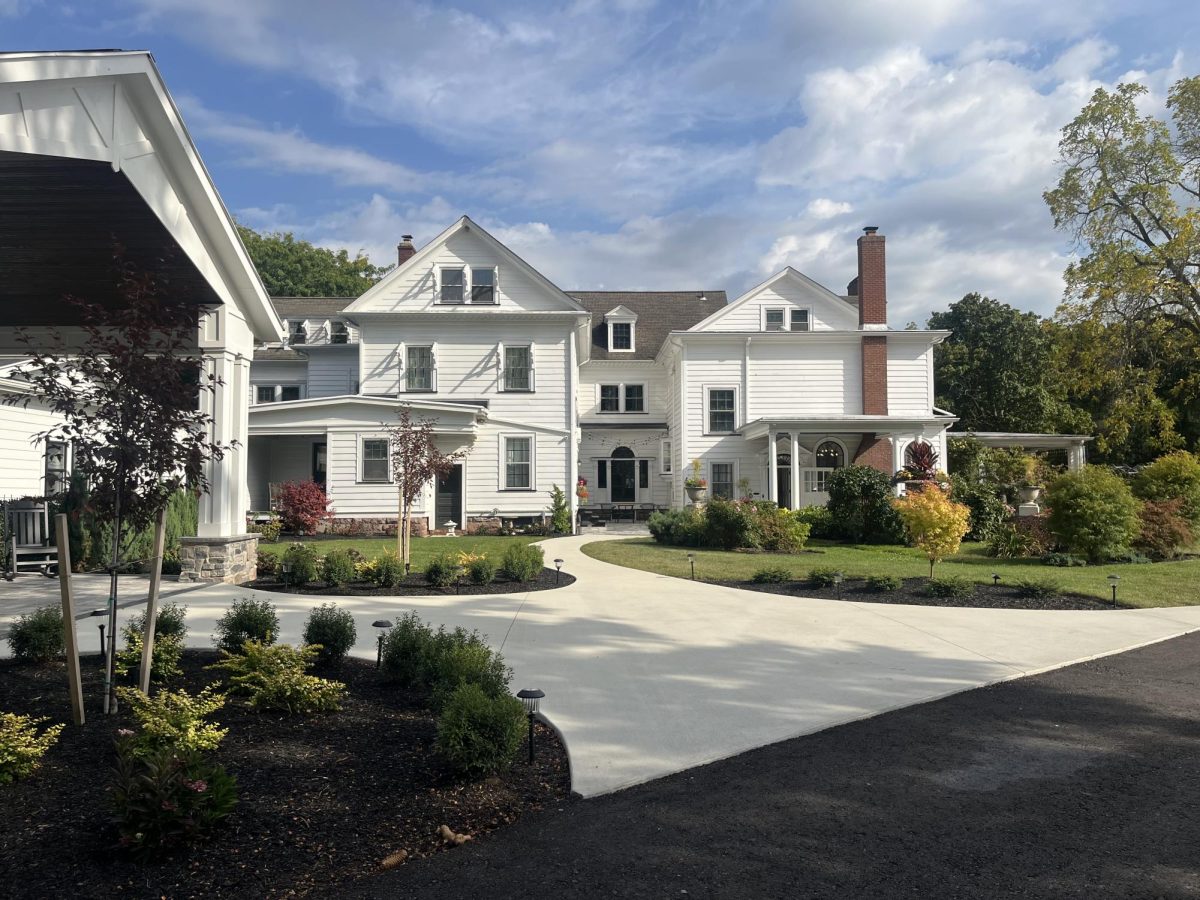by: Alexander Ulatowski

Brockport NY– In Brockport and the Rochester community there are hidden influencers who silently impact those around them, making their community a better place. One hidden influencer that was mention in the last article was Carvin Eison, a Broadcast and Journalism professor at The College at Brockport. The reason that Carvin Eison is a hidden influencer is due to his dedication and support that he provides as an educator to his students as well as mentoring those who seek to learn about television and documentary production. Professor Eison devotes his time to mentor these broadcast and journalism students and guides them with their own creative pieces of media and videos and makes sure that they are successful with them. Eison not only commits his time to helping students but to those who seek his help and are eager to be taught by him. The creative pieces those students and people create are used as their voice to be heard even when they want to be muted.
As a director and a general manager at Rochester Community TV Media Center Eison uses his thorough media and communication skills to provide content and creative work shown in the Rochester community. Some may call him an artist due to his compelling story writing and visual pieces used to describe the senseless torture and treatment of African Americans. Carvin Eison’s documentaries July 64’ and the Shadows of the Lynching Tree have had a deep impact on those who have seen his films, due to the remorse and somber themes of the treatment and lynching of African Americans in the south as well as the race riots in Rochester July 24, 1964.
The reason that Carvin wanted to direct and create these documentaries was from the shock and horror he saw in the treatment of African Americans throughout the history of America and the harm that African Americans still face from society. Years after the verification of the Civil Rights Act of 1964, African Americans are still faced with racism and bigotry views by people. Eison felt that society needed to be woken up from its fantasy and be shown that African Americans are continued to be treated poorly and that same tactics used by racist people in the past to terrorize and dehumanize African Americans are used in America today. He sought to be a voice for the African American community not only in Rochester but throughout the United States.






















